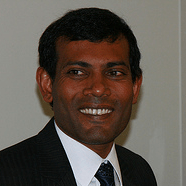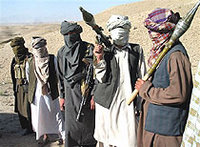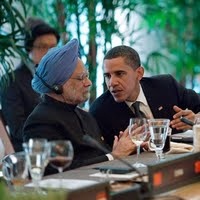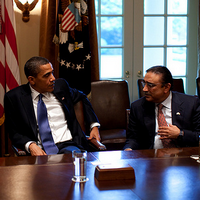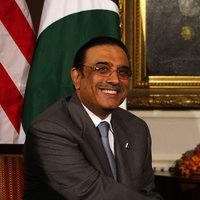
Pakistan’s activist judiciary is once again at war with the country’s executive branch. Last week, the Supreme Court indicted Prime Minister Yousuf Raza Gilani on contempt charges for failing to comply with a 2009 court order requiring him to petition the Swiss government to reopen corruption cases against President Asif Ali Zardari, who leads Gilani’s Pakistan Peoples Party (PPP). By month’s end, Gilani could be convicted and removed from office. Nonetheless, in a best-case and entirely plausible scenario, the PPP could still continue to govern till midyear and again win a plurality in National Assembly elections in the fall. The […]

